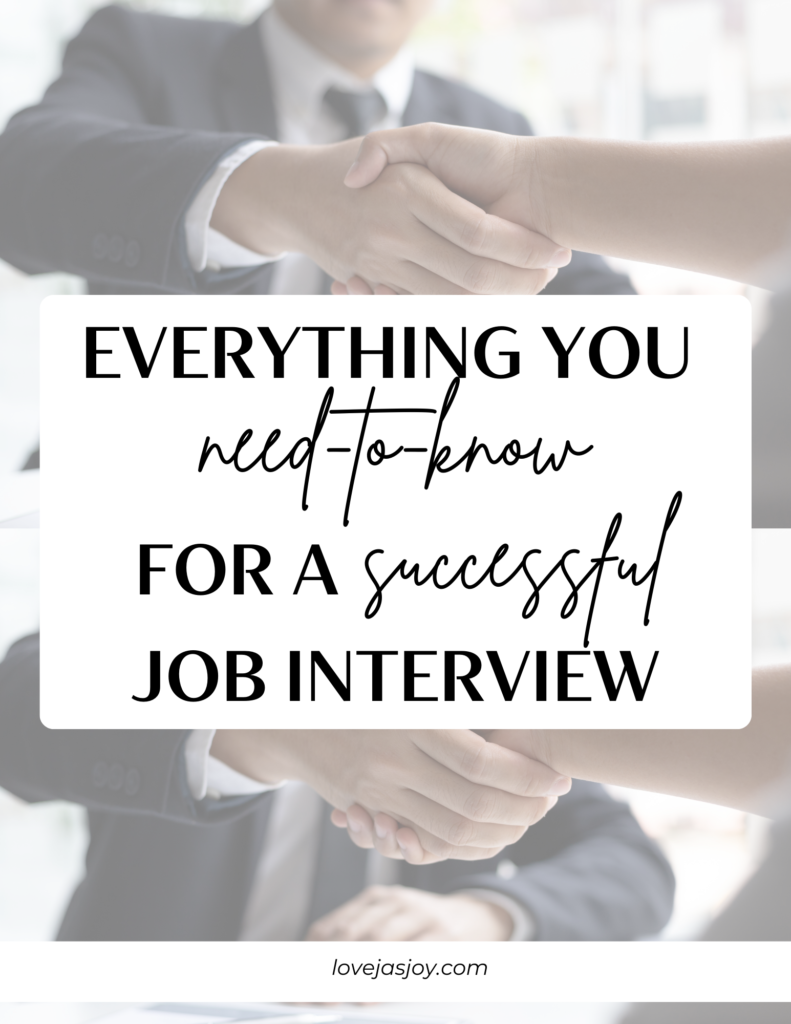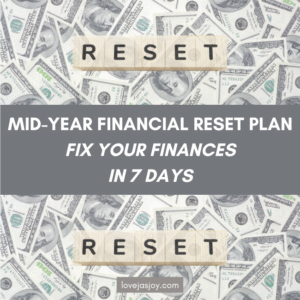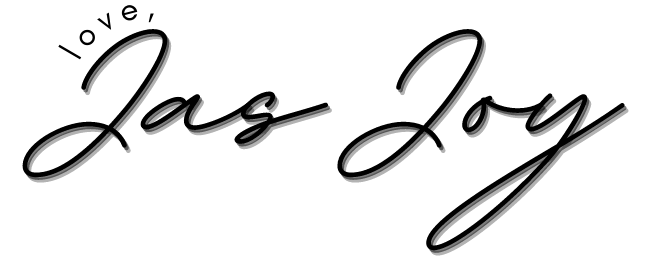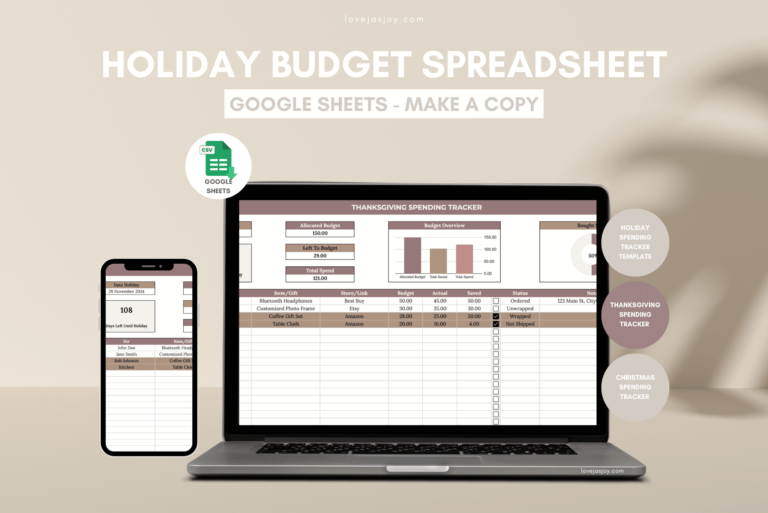Everything You Need to Know for A Job Interview: Path to Success

Disclaimer
Please note that this blog post may contain affiliate links to products or services from third-party websites. The information provided in this blog post is based our own personal experiences, research, and opinions. By reading this blog post, you acknowledge and agree to the terms of this disclaimer. Read our full disclaimer page. If you have any concerns or questions, please feel free to contact us.
As a young graduate or emerging professional, it is crucial to prepare yourself for what lies ahead. One of the things you need to ensure you are prepared for is job interviews. It may be nerve wracking, but knowing how to pitch yourself for a dream job, understanding the nuances of the interview process is incredibly important. In “Everything You Need to Know for Your Job Interview,” we’ll break down the essentials, giving you the tools and confidence to tackle every interview you may walk into. Know how to turn that interview into your next big opportunity!
WITH THAT SAID, HERE IS EVERYTHING YOU NEED TO KNOW FOR A JOB INTERVIEW: PATH TO SUCCESS!
Table of Contents
- #1 importance of preparing for your job interview
- #2 what is most important in a job interview
- #3 how to prepare for your job interview
- #4 what to expect
- #5 3 rules to follow during your job interview
- #6 what not to do during your job interview
- #7 how to introduce yourself
- #8 communication skills you should practice
- #9 common questions hiring managers will ask and how to answer them
- #10 questions you should ask at the end of your interview
- #11 simple tips to follow for a successful interview
For which of you, desiring to build a tower, does not first sit down and count the cost, whether he has enough to complete it? Otherwise, when he has laid a foundation and is not able to finish, all who see it begin to mock him, saying, ‘This man began to build and was not able to finish.’
Luke 14:28-30 Tweet
Join "Love College Scoops"!
Need to Know for a job interview #1
Importance of Preparing for Your Job Interview
Help boost your confidence, make a positive impression on hiring managers, by being well-prepared. Remember, an interview is more than just a conversation; it’s an opportunity to showcase your skills, passion, and fit for the company. Preparing properly shows your dedication and eagerness for the role, setting you apart in a competitive job market. It is essential to invest time in understanding the company, role, and how your unique experiences can contribute. You only have one shot at each company you are interviewed at, so make it count!
Need to Know for a job interview #2
What is Most Important in a Job Interview
Hiring managers not only seek qualifications, but also a cultural fit and a genuine enthusiasm for the role. They are looking for someone who fits into the team, in terms of skills, character and personality. Candidates who also resonate with the company’s values and vision. Demonstrating a deep understanding of both the company and its industry will definitely set you apart.
Need to Know for a job interview #3
How to Prepare for Your Interview
This entire article is how you can prepare for your interview, but we also have this list to get you started:
Research the Company: Look into the company’s website, read their about page, and understand their culture, mission, and values. This not only shows you’re genuinely interested but can also help tailor your responses.
Know the Role: Familiarize yourself with the job description. Understand the skills and qualifications they’re seeking so you can align your experiences and strengths with what they need.
Practice Common Interview Questions: While every interview is unique, some questions, like “Tell me about yourself,” are almost universal. Prepare honest answers.
Gather Essential Documents: Bring multiple copies of your resume, any relevant certificates, and a list of references. Store them in a neat folder or portfolio.
Plan Your Route: If it’s an in-person interview, look up the location beforehand. If it’s virtual, test your tech setup to ensure everything is working properly.
Prepare Questions: At the end of most interviews, you’ll get a chance to ask questions. Prepare thoughtful queries that showcase your interest in the role and in the work environment.
Mind Your Body Language: From a firm handshake to maintaining eye contact, your non-verbal cues communicate confidence and professionalism.
Dress the Part + Job Interview Outfits for Men and Women Examples: First impressions matter. Wear professional attire that aligns with the company’s culture. If you are unsure, it’s better to be slightly overdressed.
Example of Business Formal Attire for Men and Women:
Need to Know for a job interview #4
What to Expect at a Job Interview
At a job interview, expect a blend of questions aimed at understanding your skills, experiences, and personality. Some companies might present case studies or problem-solving scenarios relevant to the job. Always be prepared to discuss your past experiences, and how it aligns with the new role.
Need to Know for a job interview #5
3 Rules to Follow During Your Interview
Be Prepared: Familiarize yourself with the role’s requirements. Prepare mental examples to illustrate your suitability and to answer their questions.
Be Professional: Professionalism isn’t just about attire. It is also about punctuality, good etiquette, and attentive listening. They are all equally crucial.
Be Yourself: While it is important to be professional, don’t lose your personal touch. Authenticity builds trust and rapport.
Need to Know for a job interview #6
What Not to Do During Your Interview
Being aware of what not to do is just as important as knowing what to do. Common pitfalls, like appearing disinterested, being unprepared, or oversharing, can quickly slim down your chances. For those new to the job scene, avoiding these common mistakes can mean the difference between landing the job and heading back to sort through other opportunities.

SIMPLE GUIDE TO WRITING A RESUME
We make it plain and simple to understand AND provide examples. If you need more insight on how to write your resume, first time or not, this is for you! Free template is included.
Need to Know for a job interview #7
How to Introduce Yourself
Introducing yourself at your job interview goes beyond just stating your name; it’s an opportunity to convey your background, aspirations, and what you bring to the table. Create a memorable introduction that will positively, and greatly, impact the hiring managers. Speak with confidence and humility, showcasing your achievements but also your willingness to grow and learn. Mastering this introduction can set the tone for the entire conversation, opening doors and creating a path toward fruitful professional relationships and opportunities. Remember, it’s not just about who you are, but also about the value you offer.
Need to Know for a job interview #8
Communication Skills You Should Practice
This list consists of communication skills you should practice before and during your interview.
For young professionals and recent college graduates, honing effective communication skills is a game-changer in the modern workplace. These are must-have communication skills to cultivate:
Active Listening: It’s not just about hearing words but understanding the underlying message. Pay attention, ask open-ended questions, and show genuine interest.
Clear Articulation: Convey your thoughts clearly, avoiding word fillers (um, uh) and repetition.
Non-verbal Communication: Your body language, facial expressions, and posture can say as much as your words. Maintain eye contact and be mindful of your gestures.
Feedback Reception: Constructive criticism is a growth tool. Accept feedback humbly, and use it as a stepping stone to improve.
Empathy in Conversation: Understand and respect the emotions of others. It builds trust and fosters a positive work environment.
Ask Thoughtful Questions: This not only shows you’re engaged but can also help clarify and deepen discussions.
This book “Ask Powerful Questions: Create Conversations that Matter” invites readers on a journey that explores: the clarity of intent, connecting through rapport, creating openness, reflective listening, and empathy.
Need to Know for a job interview #9
Common Questions Hiring Managers Will Ask and How to Answer Them
Being prepared with responses to common interview questions can make a huge difference. You may find a sense of relief in being able to confidently answer a question you practiced for. Here’s a handy guide for some frequently asked questions and how to approach them:
“Tell me about yourself.” This isn’t a cue for your life story. Summarize your educational background, work or internship experiences, and a notable achievement or skill. Add a little something different that may appeal to them, like a hobby.
“Why are you interested in this position?” Talk about how the role aligns with your career goals and how your skills match the company’s needs. Highlight a specific aspect of the company that appeals to you.
“What’s your biggest weakness?” Choose an actual area you’re working on improving, but make sure it’s not a core requirement for the job. Discuss the steps you’re taking to overcome it.
“Where do you see yourself in five years?” Showcase your ambition but align it with the company’s trajectory. For instance, you might talk about taking on more responsibilities or leading a team.
“Describe a challenge you’ve faced and how you dealt with it.” They usually provide a scenario related to the position. Highlight a personal experience that showcases your problem-solving and adaptability skills. Be sure to conclude with a positive result.
“Why should we hire you?” Summarize your key qualifications for the role and express your enthusiasm for contributing to the company.
“How do you handle stress or pressure?” Discuss a technique or approach you use, like prioritization or taking short breaks to regain focus.
“What’s a professional achievement you’re proud of?” Choose an accomplishment that’s relevant to the job and discuss the skills or qualities you utilized.
“Do you have any questions for us?” Always have a question ready, like career development opportunities, asking about the company culture or the most challenging aspects of the job. It shows your eagerness and interest.
At the most professional interviews, the hiring managers surely asked a great majority of these questions. Preparing myself, I answered them confidently and was told that I was offered the job due to clearly conveying my answers with a great personality.
Need to Know for a job interview #10
Questions You Should Ask at the End of Your Interview
The end of a job interview is a golden opportunity to show your genuine interest and enthusiasm for the role and the company. Ask insightful questions to leave a lasting impression on your interviewer. Here’s a list of thoughtful queries to consider:
“Can you describe the typical day-to-day responsibilities for this role?” This shows your eagerness to understand and embrace your potential tasks.
“How does the company support professional growth and career development?” Demonstrating a long-term interest in the company can be a big plus.
“How would you describe the company culture here?” Showing an interest in company culture means you’re looking for a good fit, not just any job.
“What are the biggest challenges the team currently faces?” This suggests you’re already thinking about how you can contribute and help solve problems.
“How is success typically measured for this position?” This shows you’re results-oriented and keen on meeting or exceeding expectations.
“What are the next steps in the interview process?” Ending with this question showcases your enthusiasm to move forward.
I can honestly say that I have asked all of these questions during all of my interviews. It has helped me to narrow down my list of jobs I would accept an offer from.
Need to Know for a job interview #11
Simple Tips to Follow for a Successful Interview
The simplest actions can leave the most memorable impressions. These are tips, that actually work, to ensure you stand out of the crowd:
Be punctual: Always arrive on time, preferably a little early. It speaks volumes about your respect for others’ time and your commitment.
Dress appropriately: First impressions count. Wear something that’s professional yet comfortable, and in line with the company culture.
Focus on the interviewer: This means no glancing at your watch or phone. Give them your undivided attention; it’s a sign of respect.
Don’t be embarrassed: If you don’t know an answer, it’s okay to admit it rather than trying to bluff your way through. Honesty is appreciated.
Take notes: Jotting down key points shows you’re engaged and serious about the role.
Practice active listening: Respond to what’s actually being said, and try not to interrupt.
Stay calm and breathe: Being nervous is natural, but practicing for your interview and taking deep breaths can help you remain composed.
Ask relevant questions: As discussed before, this portrays your genuine interest in the company and the role.
Send a ‘Thank You’ note/email: A brief email expressing gratitude for the interviewer’s time and reiterating your interest can make you stand out post-interview.
Follow Up on Status: Unless told a date you will receive a decision, follow up on the status of your application post-interview. This shows you are still interested in the position and your proactiveness to secure it.
Landing your dream job is within reach! It may take some interviews, different career experiences, live and learn situations, but as you continue to walk, you’re that much closer.
As young professionals and recent college graduates, you’re entering the job market with fresh perspectives and unique experiences. With the insights and tips we shared in “Everything You Need to Know for Your Job Interview: Tips to Land the Job”, stand confident in your ability to make a lasting impression.
Stay authentic, prepare thoroughly, and believe in yourself. The path to your dream job is paved with learning and growth, and every interview, whether it results in a job offer or not, will make you all the wiser and closer.
Keep persevering, don’t give up, and believe that your perfect job match is out there waiting for you. You got this!
love, Jas Joy
Other Posts You May Like
Related Topics


A Payday Routine: How to Budget Your Paycheck Like a Financial Expert










